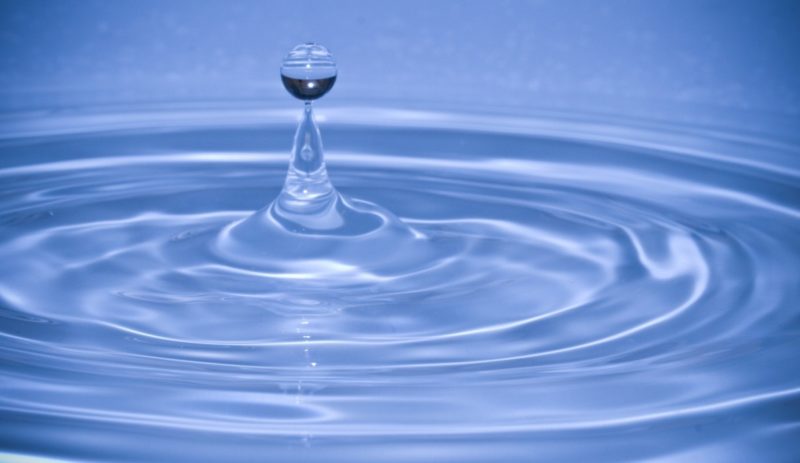Due to the extreme conditions inside your refrigerator, you may come across the familiar topic of why does my fridge leak water. Your appliance is subjected to prolonged exposure to cold which is not any problem since that is its primary function in the first place.
There are instances where water leakage is a common occurrence, and some cases might be an omen for a broken part. That is the main issue we will tackle, determining which instances are typical and which situations require the help of an electrician.
Given the way a refrigerator works, that may release some by-products like water. Since it produces ice, water is always a possibility. The leakage may be a natural phenomenon, but it can also be caused by variants that affect the gadget negatively.
My friends, don’t go further as we’ll talk about the factors why your fridge leaks water. Let’s start!
Why Does Your Fridge Leak Water?
So, why does my fridge leak water? You might ask.
Here is a list of factors:
Factor #1. Continuous usage
Since refrigerators are responsible for slowing down food spoilage, it is one of the most used appliances at home. It has little to no rest to avoid risking food life. If there is constant exposure to very low temperatures, ice production will rise.
Large amounts of ice will inevitably release small amounts of water even without defrosting it. Also, whenever the refrigerator is being opened, hot or room temperature air will infiltrate the appliance.
It may melt off some of the ice and, again, leak water. But, again, small amounts of water are average. You don’t have to do anything with this. Except wipe the leak every once in a while if it starts becoming a bother.
Factor #2. Temperature set too low
The low internal climate of the said appliance is the main contributor to lengthening the food’s life. However, everything is good but in moderation. When set too low, this may end up affecting the food badly and spoil it.
Also, when set inappropriately low, the ice formation rate will be much higher, and water levels will be higher. Though this phenomenon may be a normal reaction due to large amounts of ice, it is still not recommended to avoid spoiling food.
Factor #3. Blocked drain
Water leaking out of your appliance is natural, which is why fridges are equipped with drains that allow liquids to exit. The drain is the main exit of liquid, and some particles are small enough to fit.
However, since it was created for the sole purpose of draining water and prevent it from accumulating, it is not equipped to drain other particles, primarily solids. When particles start to accumulate below the drain, they will soon reach a clogging point.
In addition, the particles will hinder the continuous flow of water out of the appliance, and thus, water will accumulate and eventually overflow until it reaches the point of leaking.
Factor #4. Broken evaporator fan
Manufacturers created evaporator fans to induce cool air, which will aid in the production of frost to fulfill the purpose of the appliance, which is to chill, of course. Unfortunately, many instances can cause broken evaporator fans. For example, there might be something stuck in between the flaps.
Remove the object and try restarting it. However, in cases of malfunctions without any apparent reasons, try having it checked. Usually, unseen causes are due to internal damage that requires the help of a technician.
Have it brought there and undergo the necessary fix. Although doing it yourself can be a cheaper version, it would be risky to open up the machine. You may end up with more damage than you anticipated.
Factor #5. Destroyed valve
A valve is created to transport water from the internal refrigerator supply and use it in certain parts of the gadget, like the freezer in most cases. This water is also a source of the cold air that the machine is well known for.
If the valve that transports it is broken, the water may end up leaking everywhere. A bigger hole in the valve will cause a huge amount of leakage. In terms of destroyed valves, the solution can be easy or difficult, depending on size.
Smaller holes can be covered up by electrical tape or anything firm and not flammable. Bigger holes would require replacing as soon as possible. Some cases may involve detached valves.
You only have to reattach them and securely this time. If you are not confident, you can make up innovations to secure the tube in place. Just make sure it is friendly to the machine and will not cause it more trouble.
Factor #6. Tilted position
Water formation in the refrigerator is normal, but leakage does not always happen. Refrigerators are usually equipped for that kind of situation, hence the drain. The problem may not be with the appliance itself but with the surroundings.
A miscalculation of angle in placing the gadget may be a cause. A tilted angle does not offer a flat platform and will make leakage more possible. In addition, you may not even use the drain since any water formed will immediately flow into the tilt angle.
Factor #7. Old age
Refrigerators have a life expectancy of 12 years or so. When it exceeds the said average, you could receive various signals that it needs to be traded for something new. In its life span, the components will be less effective.
The effects of these decreased functionalities can be water leakage because valves or fans were too old to serve their purpose. Give the poor refrigerator a chance to rest and give your kitchen a new look!
Conclusion
Water is a natural product of fridges, but when do you draw the line between natural and damage? Hence, you ask why does my fridge leak water, look at the components and determine the possible cause based on the given tips. I hope you do a good job!

